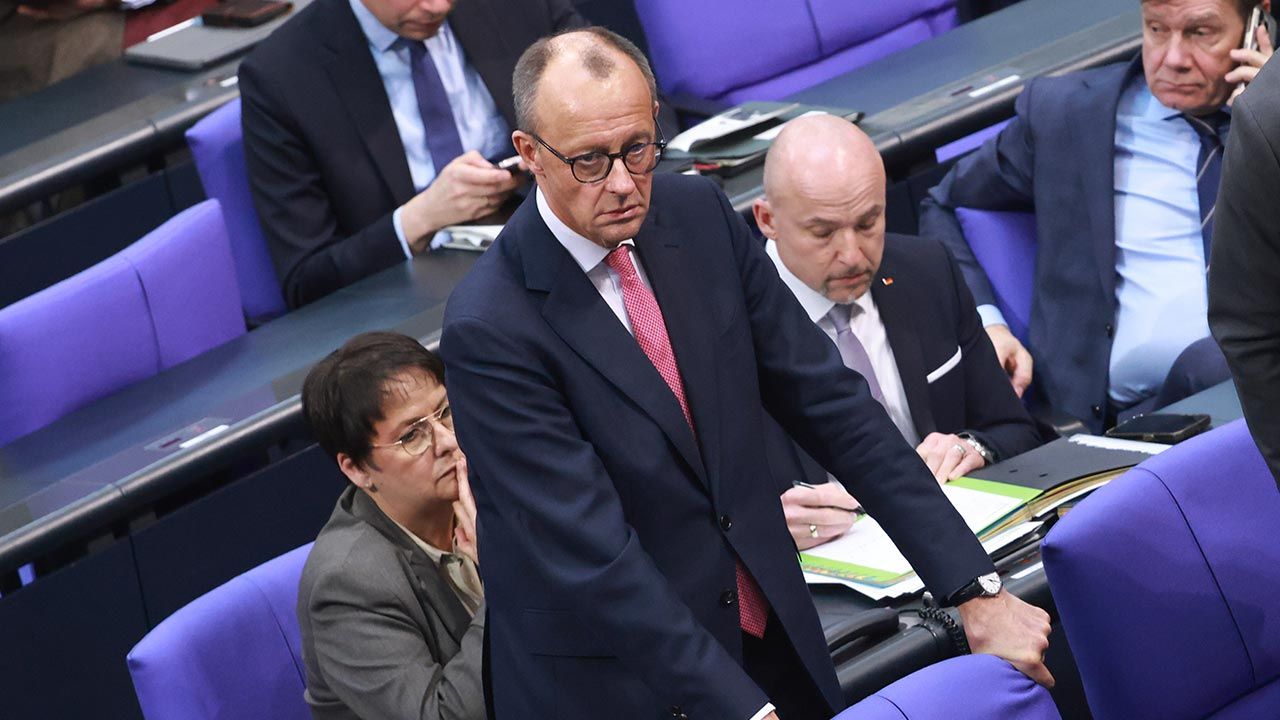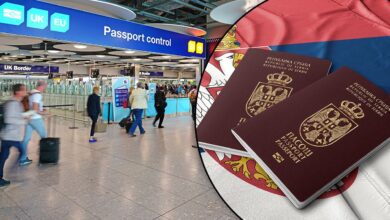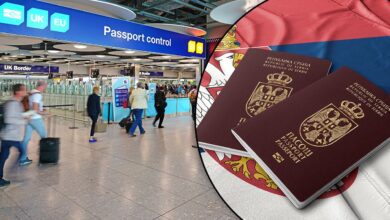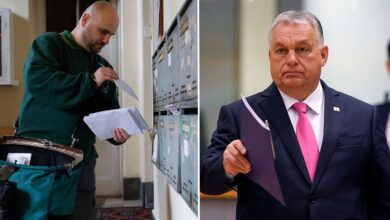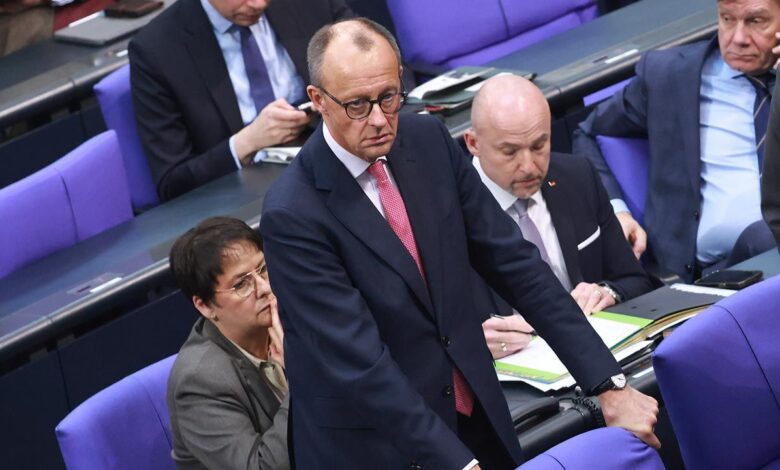
Decyzja Bundestagu w sprawie migrantów: Fiasko dla chadeków
Deutsche Welle reported that the planned vote on the so-called Immigration Restriction Act proposed by the CDU/CSU sparked a heated debate beforehand. Representatives of the Christian Democratic Union/Christian Social Union (CDU/CSU) and the Free Democratic Party (FDP) on one side, and the Social Democrats (SPD) and the Greens on the other, exchanged accusations. The main point of contention was that the law could only be passed with the support of the far-right Alternative for Germany (AfD).
The SPD, Greens, and Left Party opposed the law, while the CDU/CSU, FDP, far-right AfD, and far-left BSW announced their intention to vote in favor of its adoption. As the voting results showed, not all MPs voted in line with party discipline.
Chancellor candidate Friedrich Merz (CDU) defended the proposed law. He argued that it was necessary to demonstrate that the Bundestag is still capable of action and that decisions should be guided by the concerns and needs of the people.
Merz also defended a resolution adopted in the Bundestag with the help of AfD votes. The resolution, also proposed by the CDU/CSU, aimed to tighten immigration policy. Merz emphasized that the content of the resolution was sound. However, unlike the law, resolutions are not legally binding.
The leader of the CDU/CSU parliamentary group accused the SPD and Greens of falsely accusing his group of cooperating with the AfD. He stated that no one from his party was in contact with the AfD. The AfD is largely a far-right party that undermines the foundations of democracy. Merz stated that he would do everything in his power to marginalize the AfD once again. SPD parliamentary group leader Rolf Mützenich said that the SPD and Greens were not responsible for the current situation. He criticized Merz for not coordinating the text of the law with his group and confronting the social democrats with a fait accompli.
Foreign Minister Annalena Baerbock (Greens) described the situation as a turning point and a mistake that would have consequences. It would shake people in Germany, irritate the economy, which desperately seeks skilled labor from abroad, and raise concerns among Germany’s partners, especially in Europe.
The leader of the FDP parliamentary group said that the SPD and Greens had refused to organize a democratic majority in favor of order and migration control. Heidi Reichinnek (Left Party) warned that democracy was collapsing. She said it was a disgrace to the CDU/CSU, parliament, and the country. Reichinnek asked the CDU/CSU whether it was Christian to punish those in need of protection by suspending family reunification.
AfD leader Alice Weidel said after the vote that it was merely a „tactical move” by the Christian Democrats as part of an election campaign. She criticized Merz for his inconsistency and deemed him unfit to lead.
The immigration restriction bill aimed to tighten the conditions for obtaining residence rights in Germany and suspend family reunification for beneficiaries of subsidiary protection. The federal police were to receive more powers and be able to request detention and arrest for deportation. Such powers are currently held by the state police forces.
Read more: Fifty to one. Neonazi march in Germany didn’t go as planned.
Zdjęcie główne artykułu pochodzi ze strony tvp.info.
